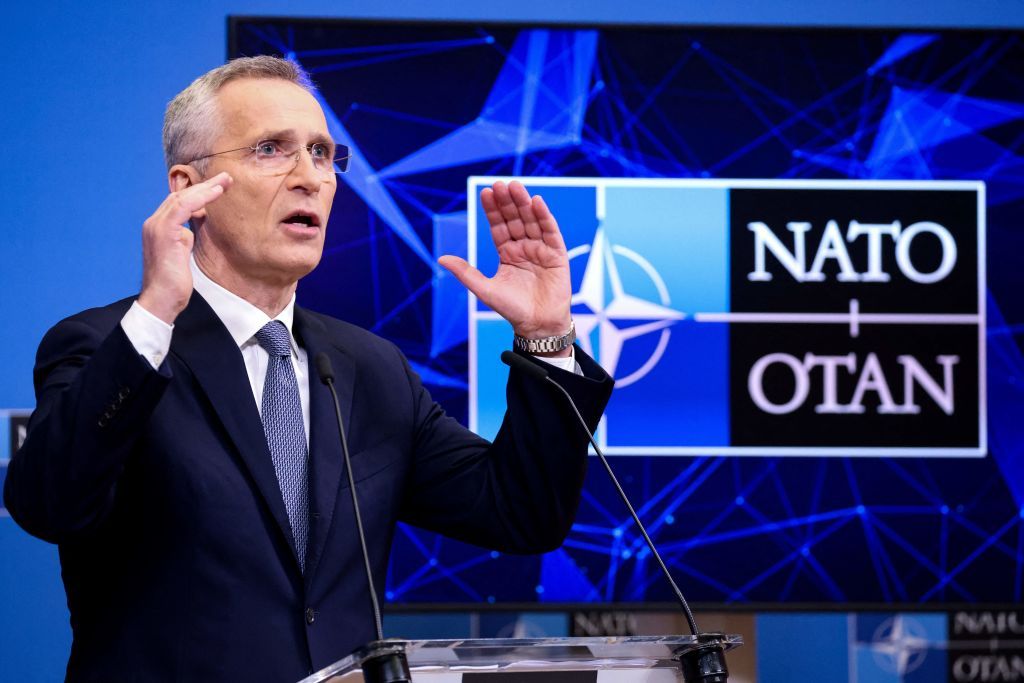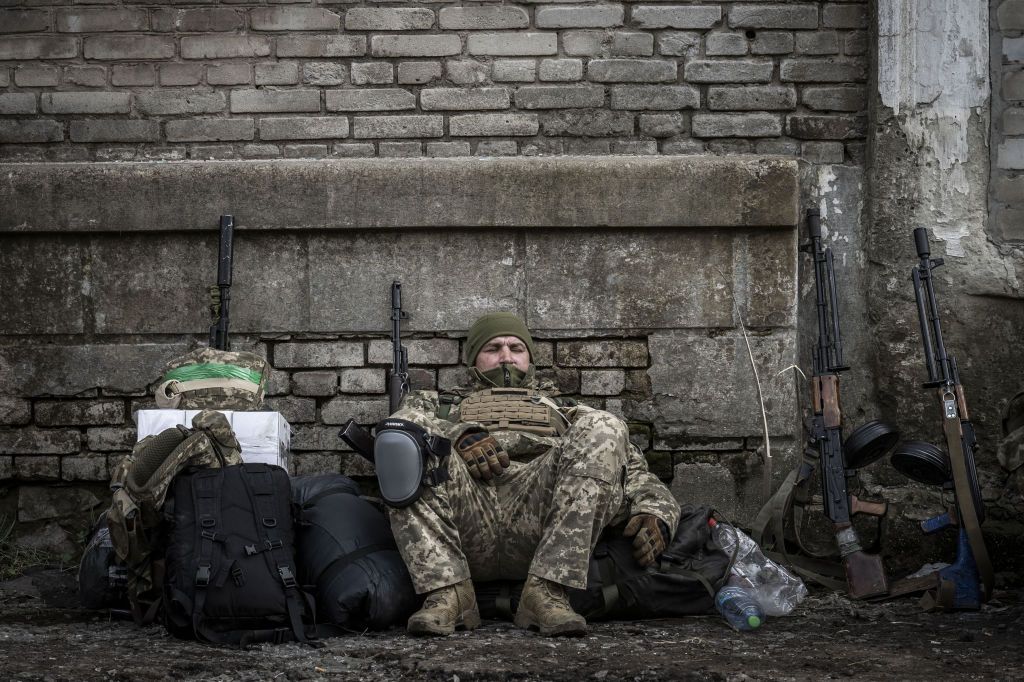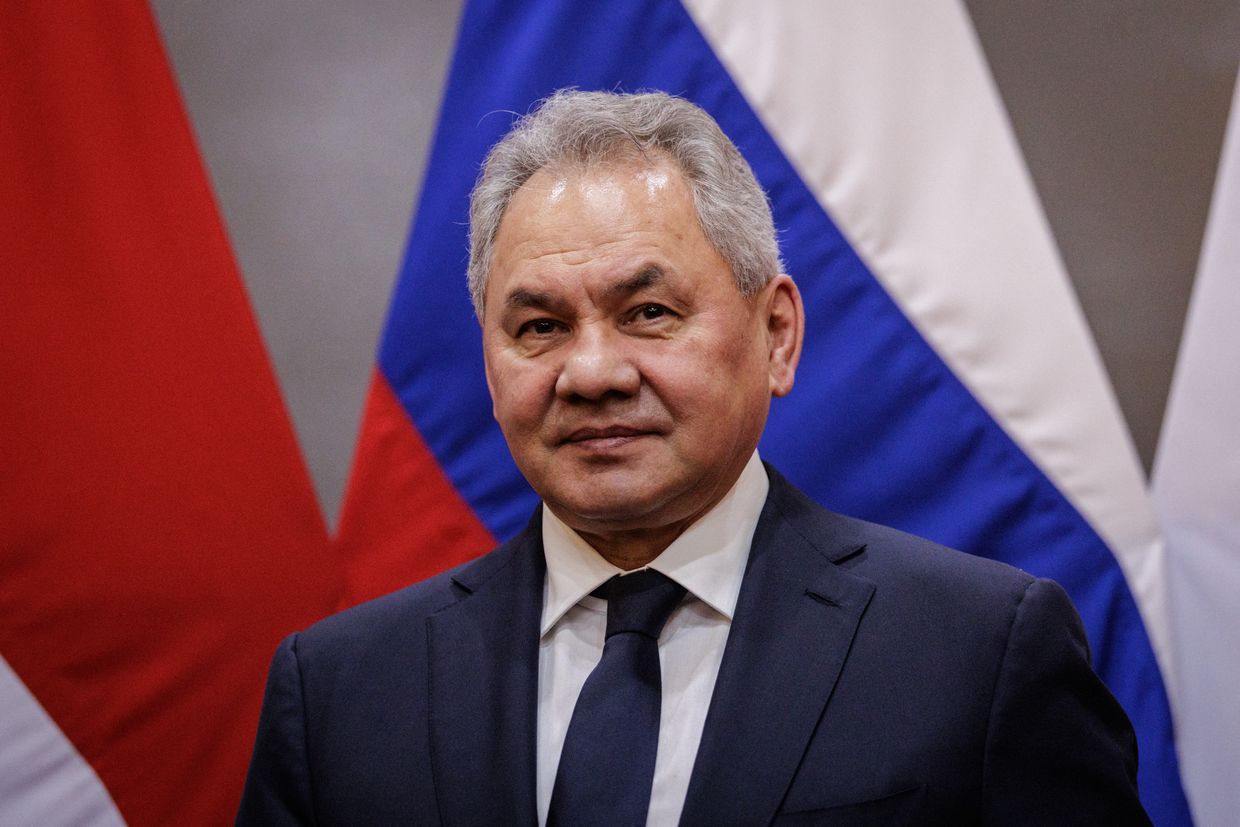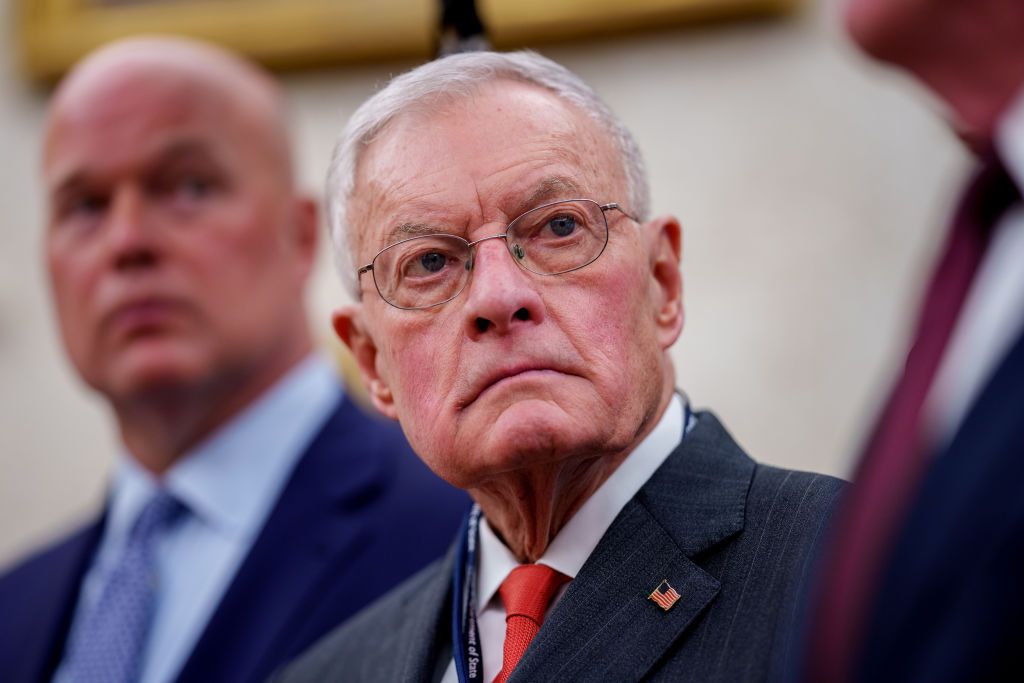Key developments on April 6:
- Russia’s Wagner Group admits Ukrainian strongholds remain in Bakhmut
- Lithuania to send $44 million worth of military aid to Ukraine
- Ukraine, Poland to co-produce 125 mm tank shells
- Reuters: China ready to work with France on Ukraine peace
- EU chief says China’s Xi ‘reiterated his willingness to speak’ with Zelensky
Russia’s mercenary Wagner Group chief Yevgeny Prigozhin admitted on April 6 that Ukrainian forces remain in some parts of Bakhmut and are not retreating even as Russia bears down on the embattled city.
In a Telegram post shared by his press service, Prigozhin said that the Ukrainians “have organized defense” along the rail line and in an area with multi-story buildings in the western part of the largely ruined city.
Ukraine’s Deputy Defense Minister Hanna Maliar explained that large-scale and “serious analytical work” is regularly conducted to analyze the likely development of the situation. The official refrained from disclosing further details of the battlefield situation in Bakhmut.
As the situation in Bakhmut continues to be difficult, President Volodymyr Zelensky said on April 5 that “there would certainly be corresponding correct decisions” taken regarding Bakhmut if the threat of encirclement rises.
The claims made by Wagner, a notorious Kremlin-backed paramilitary group that the U.S. officially labeled in late January as a transnational criminal organization, come a few days after Prigozhin claimed to have captured Bakhmut’s city hall.
Kyiv immediately dismissed Prigozhin’s claim of a “legal” victory over Bakhmut on April 2, saying the fighting continues in and around the city.
The Institute for the Study of War (ISW), a D.C.-based think-tank analyzing the war in Ukraine, said in its April 5 update that Russia has made more advances in and around Bakhmut.
“Geolocated footage shows that Russian forces have made advances north of Bakhmut, both north of Khromove (2 kilometers west of Bakhmut) and northeast of Orikhovo-Vasylivka (11 kilometers northwest of Bakhmut),” the ISW said.
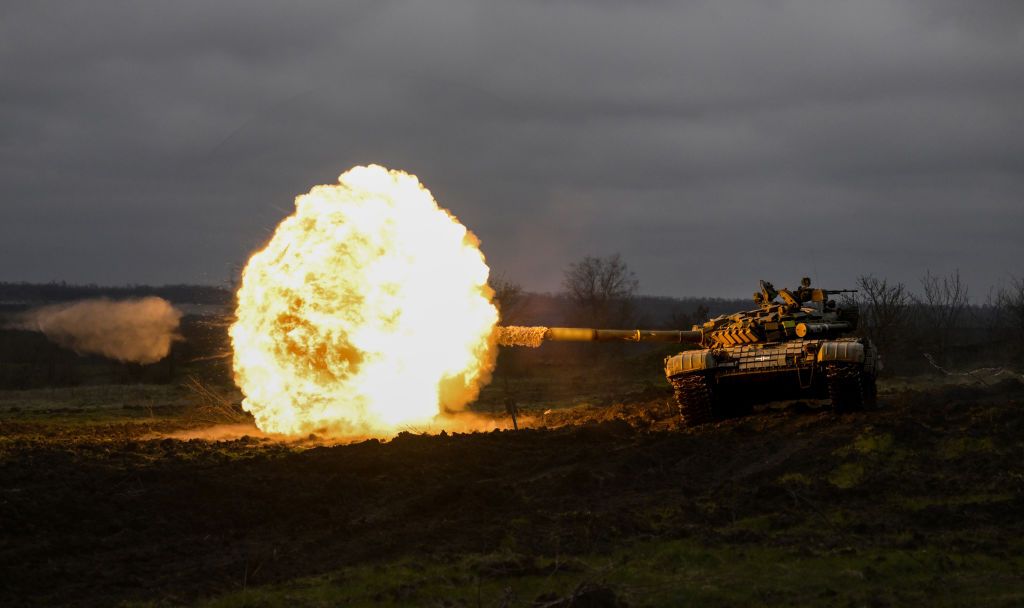
Both sides signal readiness for a protracted war
The Kremlin spokesman Dmitry Peskov said on April 6 that Russia sees no other options but to keep waging war against Ukraine “for now.”
In late March, Peskov made a similar claim, saying that Russia will continue waging war against Ukraine for a long time.
To prepare for what he predicted to be a protracted war, Peskov called on his country’s citizens for “absolute consolidation of Russian society” and “unprecedented consolidation” for Russian President Vladimir Putin.
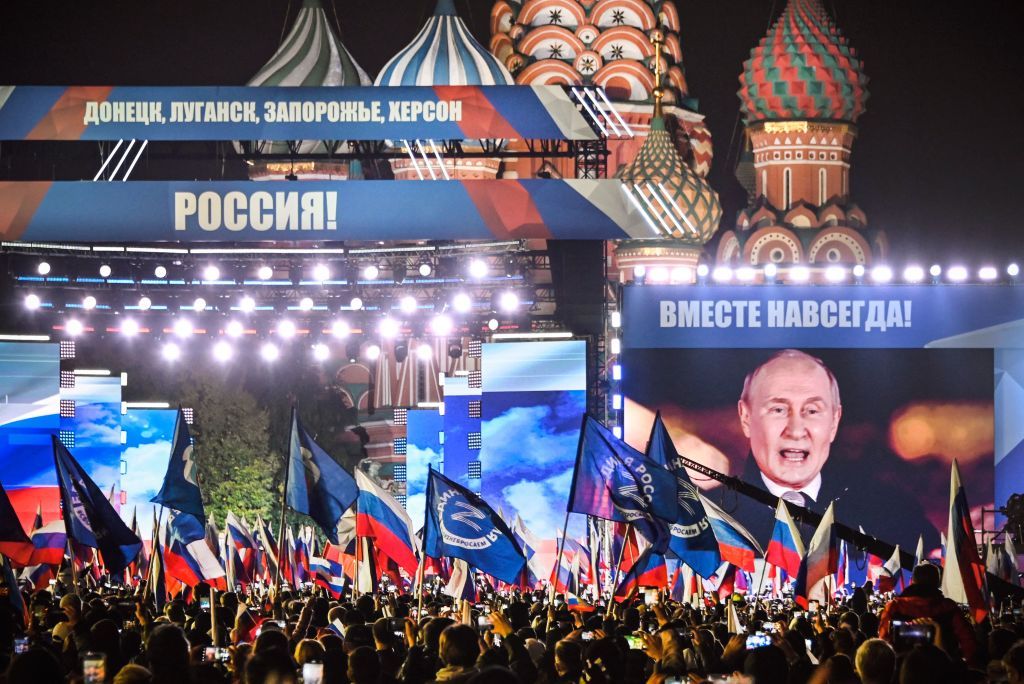
Meanwhile, Ukraine announced on April 6 that it would partner with NATO member Poland for the co-production of much-needed tank shells.
Ukraine's state-owned defense conglomerate Ukroboronprom and a Polish state defense enterprise reached an agreement regarding the co-production of 125 mm tank shells, Ukroboronprom said.
According to the Ukrainian company’s press release, it was decided during President Volodymyr Zelensky's state visit to Warsaw on April 5.
“Taking into account the high risks of Russian missile attacks on the Ukroboronprom enterprise, only Polish cities are being considered for the creation of new production,” the press release said.
“Ukraine will provide its technologies and highly qualified specialists with the appropriate competencies and experience.”
The amount of planned production was not disclosed.
Poland is the second NATO country after Czech Republic with whom Ukroboronprom reached an agreement on co-production in the defense sector.
Lithuania also stepped up its military support for Ukraine, with Defense Minister Arvydas Anušauskas announcing a new military package that will amount to 41 million euros ($44 million).
“It (the aid) will consist of sent equipment, new acquisitions, contributions to international funds,” Anušauskas said on Twitter.
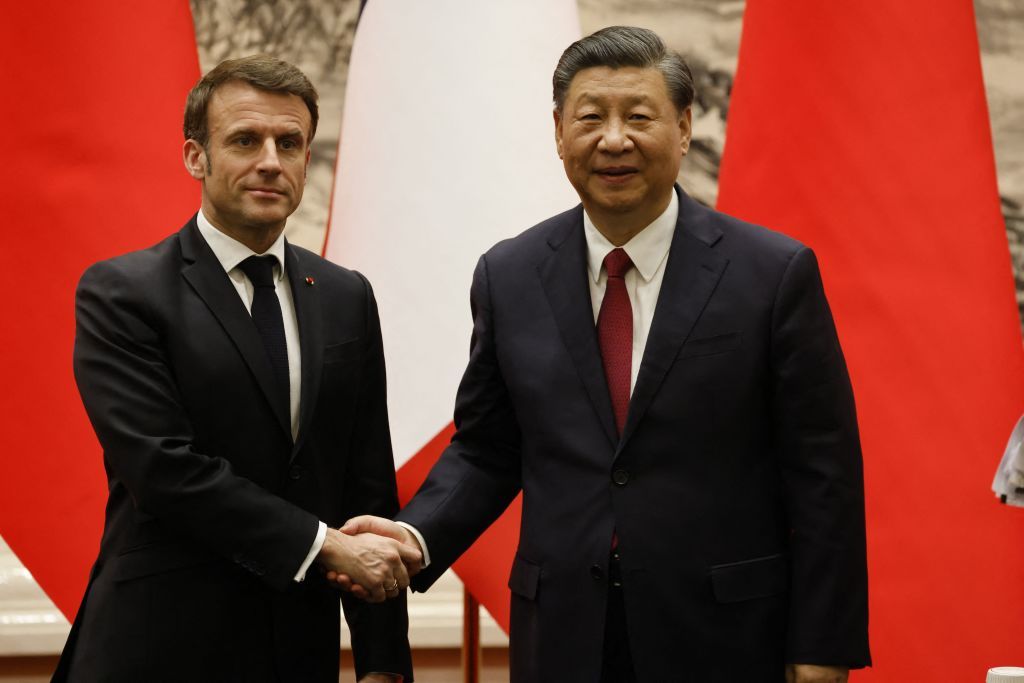
Europe-China relations
French President Emmanuel Macron held one-and-a-half-hour talks with his Chinese counterpart Xi Jinping on April 6, during which Paris likely hoped to discourage Beijing from its support for Moscow.
Citing a French diplomatic source, Reuters reported that Xi agreed to “‘work hard’ to accelerate the end of the war and to obtain that a negotiation opens in the full respect of international law.”
The diplomatic source did not tell Reuters whether Paris managed to change Beijing’s stance against Moscow, but the leaders agreed to hold further talks. According to the source, Xi said he was ready to have a call with Zelensky at some point.
Macron said the talks on the second day of a three-day trip to China were "frank and constructive,” Reuters reported, and he warned Xi against providing Moscow with anything that could be used for the war in Ukraine.
Meanwhile, Xi repeated his call for Kyiv and Moscow to begin peace talks. China has sought to position itself as a neutral country and to broker peace – going as far as publishing a 12-point draft plan in February.
But China’s proposed peace plan lacks a direct call for a complete withdrawal of Russian troops from Ukraine, with Ukrainian and Western officials criticizing the document for favoring Russia.
"I know I can count on you to bring Russia to its senses, and bring everyone back to the negotiating table," Macron told Xi in Beijing, as reported by BBC.
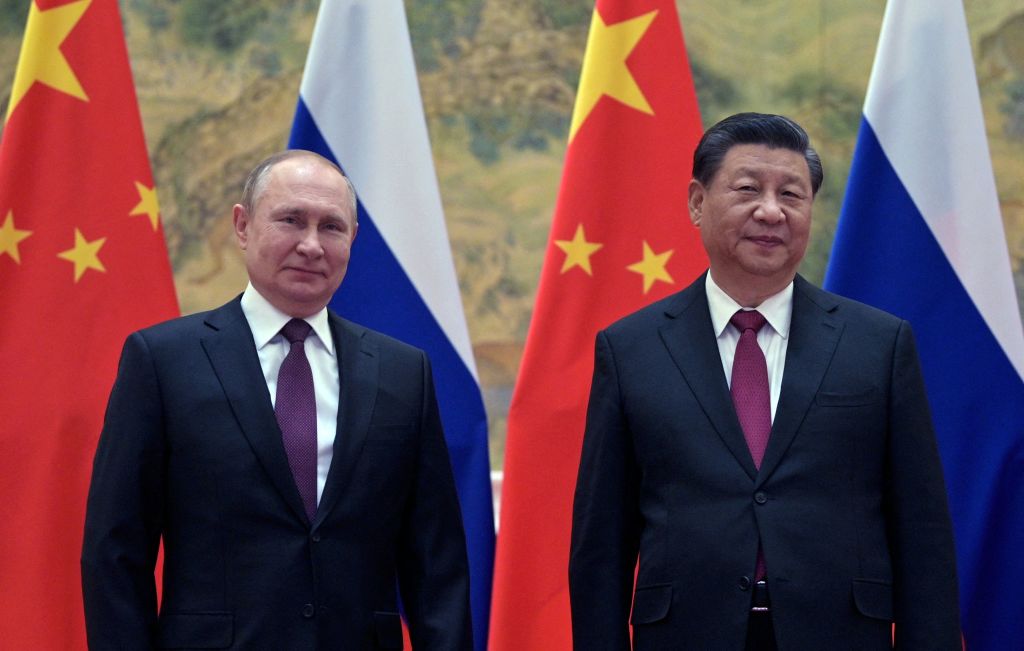
European Commission President Ursula von der Leyen, who also visited Beijing with Macron, said after her talks with Xi that he "reiterated his willingness to speak" with Zelensky.
"Arming the aggressor is a clear violation of international law," von der Leyen said at a news conference. "This would indeed significantly harm the relationship between the EU and China."
The EU chief’s warning comes after the U.S. in February accused China of preparing to supply lethal weapons to Russia and renewed warnings against such a decision.
At a news conference at NATO headquarters in Brussels on April 5, the alliance’s Secretary General Jens Stoltenberg said that “we have not been able to confirm any provision of lethal aid” but “we are monitoring very closely what China does.”
Stoltenberg called on China to condemn Russia for its invasion of Ukraine, and warned that it would be a “historic mistake” if it supplies lethal weapons to Moscow.
“Any provision of lethal aid to Russia from China will be a big mistake with profound consequences,” Stoltenberg said.
